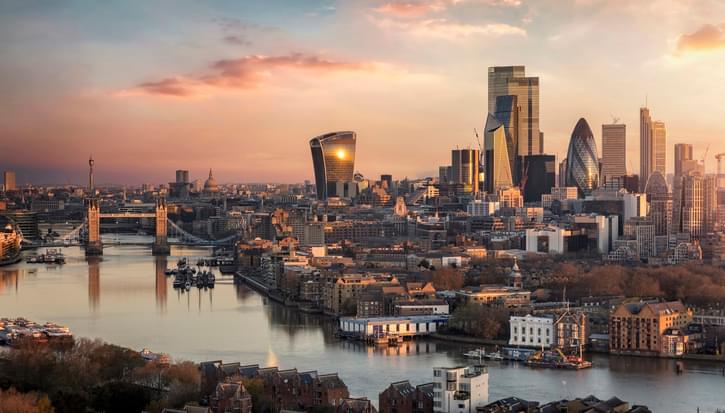The Future's Green: Jobs and in the UK Low-Carbon Transition
Article
Since 2008 there has been a significant increase in attention to the idea of jobs in lowcarbon and environmental services, known as 'green jobs' - which can help tackle climate change and unemployment at the same time - from politicians from across the political spectrum. In July 2009, the Government published its Low Carbon Industrial Strategy, which sets out how it will take advantage of the 'low-carbon opportunity', to develop Low Carbon Economic Areas and to stimulate further low-carbon innovation.
However, there is a failure to acknowledge that some jobs may also be at risk in the lowcarbon transition and there could be a backlash against policies designed to tackle climatechange as the potential impacts on vulnerable sectors become clear. The strategy also implies that 'green' jobs will help cut unemployment but the most optimistic estimates of new job creation fall a long way short of the numbers needed to make any significant decrease. These two problems suggest that the UK needs an economic development plan that will identify where new jobs will come from in the future, and how these jobs will be 'low-carbon compatible'.
Related items

From bystander to builder: government guidance will be essential for industry to thrive
Global political attention remains fixed on Washington. US president Donald Trump’s tariffs (and the circling threat of new tariffs) are challenging the global economic order and throwing governments into chaos. Intensifying economic…
Accountability matters: Securing the future of devolution
English local government faces major reshaping.
Nuclear enrichment: Building a stable and effective nuclear workforce
The government has talked a good game on the future of nuclear generation.